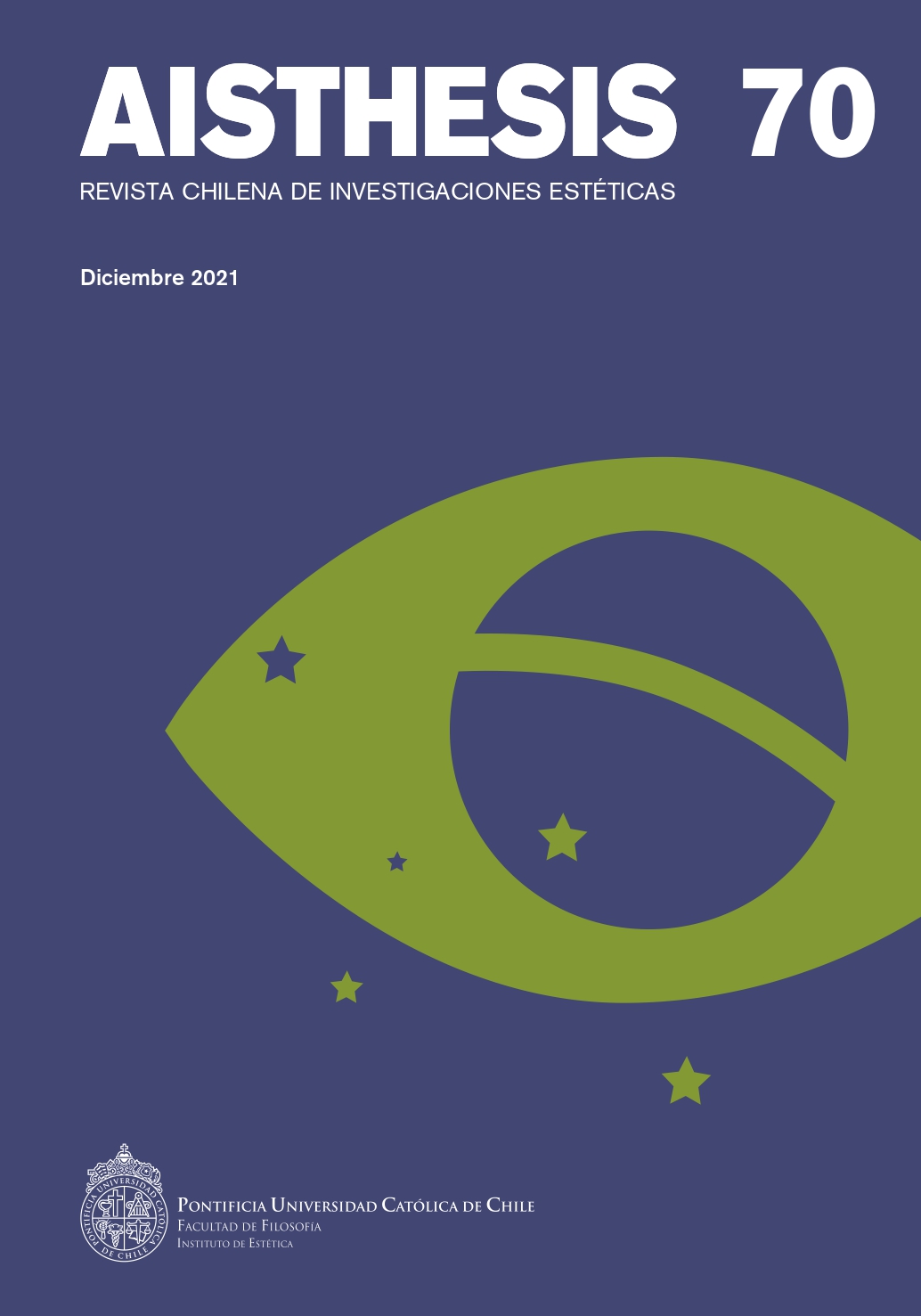Contextual notes on the increasing transnational presence of Brazilian criminal group First Command of the Capital (PCC)
Main Article Content
Abstract
The realization that there is a process of transnationalization of the Brazilian prison-based criminal group self-named First Command of the Capital (PCC, by the acronym in Portuguese) can only be understood as an effect of the practices, forms of operation, activities, and configurations taken by criminal networks within the structural changes associated with globalization, particularly the dynamics of the illicit markets for cocaine and marijuana. Understanding PCC's process of transnationalization entails considering the specificities of a group that has its origins in prisons and the particularities of the Brazilian criminal dynamic, in the center of which prisons occupy an increasingly important place. Even though PCC has participated and amplified its international presence, and has in fact entered these global networks to operate within them, they do so in a way that is still devoted to its performance in Brazil. However, there are elements that indicate that the group is evolving toward new configurations in this global criminal market, especially that of drug trafficking.
Downloads
Article Details

This work is licensed under a Creative Commons Attribution-NonCommercial-ShareAlike 4.0 International License.
All contents of this electronic edition are distributed under the Creative Commons license of "Attribución-shareAlike 4.0 Internacional" (CC-BY-SA). Any total or partial reproduction of the material must mention its origin.
The rights of academic works published in this publication belong to their authors., who grant to AISTHESIS: Revista Chilena de Investigaciones Estéticas the license for its use. The management of the permits and the authorization of the publication of the images (or of any material) that contains copyright and its consequent rights of reproduction in this publication is the sole responsibility of the authors of the articles
